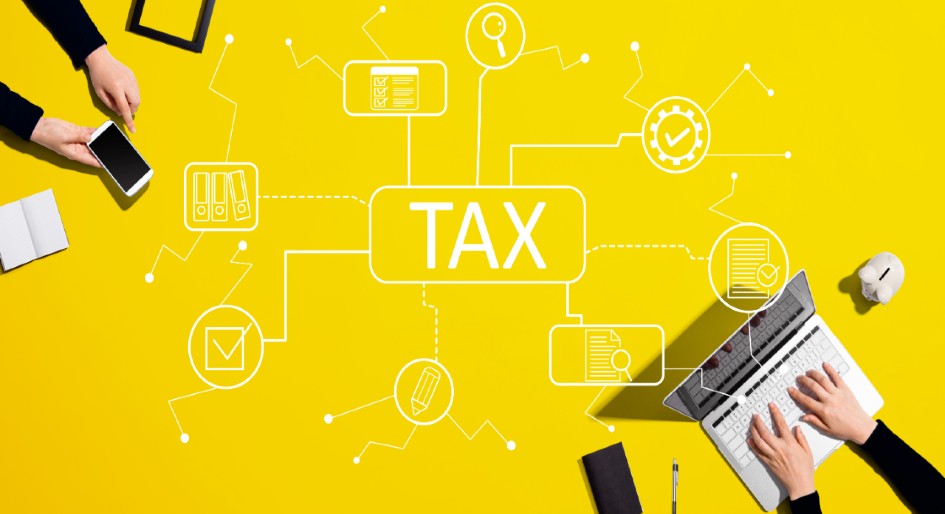Although condominium corporations in Canada are non-profit corporations, there are still tax implications and annual filings that are quite often being overlooked.
This can become a costly omission on behalf of the condominium corporation or those responsible for preparing and/or filing the required returns. There can be late filing fees as well as interest on taxes that are not reported and remitted to the government as required. It is for that reason that a refresher is needed, and each condominium corporation’s board of directors and management should take some time to ensure that all required taxes are collected and all required tax and information returns have been filed.
Although condominium corporations are considered tax exempt corporations under Section 149(1) (L) of the Income Tax Act of Canada, each and every condominium corporation has the obligation to file a T2 corporation income tax return within six months of its fiscal year end.
While there are no income taxes payable given the tax-exempt status, the T2 return is required and the government does expect this to be filed each year. There would be a late filing penalty for this tax return; however, it is based on taxes owing and, as mentioned above, a condominium is tax-exempt. There have been many cases where it has been discovered that a condominium corporation has not filed this tax return for many years and then it has incurred great costs to pay for these returns to be prepared and filed. The takeaway from this is to ensure that the corporation applies for and receives a business number immediately after registration and that the T2 tax return is filed for every year.
Another often forgotten requirement is the filing of the T1044 non-profit organization information return. If a condominium corporation has over $10,000 of ancillary income, such as interest and rents during a fiscal year, or it has assets of more than $200,000 in the previous fiscal year, it must file this information return within six months of its year end. It is also important to note that once the condominium is required to file for a fiscal year, it will have to file this return for each year going forward. This return, as opposed to the T2 tax return, carries a late filing penalty of $25 per day up to a maximum of $2,500 per year for each missing return. This penalty can add up to many thousands of dollars when this return is ignored and not filed on time.
There are mechanisms to reduce or eliminate these penalties if it is discovered that the T1044 return has not been filed on time. The Government of Canada has a program called the Voluntary Disclosure Program where an entity can voluntarily approach and disclose the unfiled and missing returns, and in most cases the entity will not be liable for the penalties as described above.
That being said, the process is such that a professional should certainly be consulted to ensure that the forms are completed in accordance with the requirements and that specific deadlines are adhered to. There are a tremendous number of condominium corporations that are currently in default of filing this return and their boards and management should look at dealing with this before the government is aware of the missing returns. Once the government is aware that there are T1044 forms that are late and have not been filed, the Voluntary Disclosure Program cannot be used and the corporation will be assessed penalties and interest.
The last and possibly greatest tax liability to condominium corporations today in Canada is the Harmonized Sales Tax (HST). While this issue was discussed at length in a 2017 article for CondoBusiness, HST misconception a sleeping giant, it is worth revisiting at this time.
While “residential” condominium fees are exempt from charging HST, this exemption does not apply to “commercial” condominium fees. So it is incumbent for each board and manager to review all of the sources of revenues in their corporation to determine if they have commercial condominium fees or other “taxable” revenues, such as guest suite and party room rentals as well as income from antennas on their roofs. If the total of the commercial condominium fees and these other taxable revenues exceed $50,000 in a fiscal year, then they will have to register for HST and start to collect it from the commercial owners as well as charge HST on the other sources of revenue.
Once again, there have been many condominium corporations that did not register for HST when required and then had to go back and pay the taxes and penalties from its own surplus. Unfortunately, once they discovered this, it was often too late to collect the tax from those who should have paid it initially. Lastly, a condominium can also use the Voluntary Disclosure Program to report HST that was not reported on time; however, in this case the actual tax will have to be paid along with the interest but hopefully they will not be subject to the penalties.
So, while all of us think of condominium corporations as non-profit corporations and exempt from tax, it is apparent that there are still quite a few tax implications. Every board should ensure that their particular condominium is fully compliant with the annual T2 tax filing as well as the T1044 non-profit information return and HST returns if applicable. Ignoring these required tax and information returns can easily add up to significant taxes, interest and penalties when most boards are struggling to keep their common element fees under control during these very trying times.
Stephen Chesney is a chartered accountant and partner with the firm YalePGC, LLP in Richmond Hill and currently specializes in the auditing of Ontario condominium corporations.





